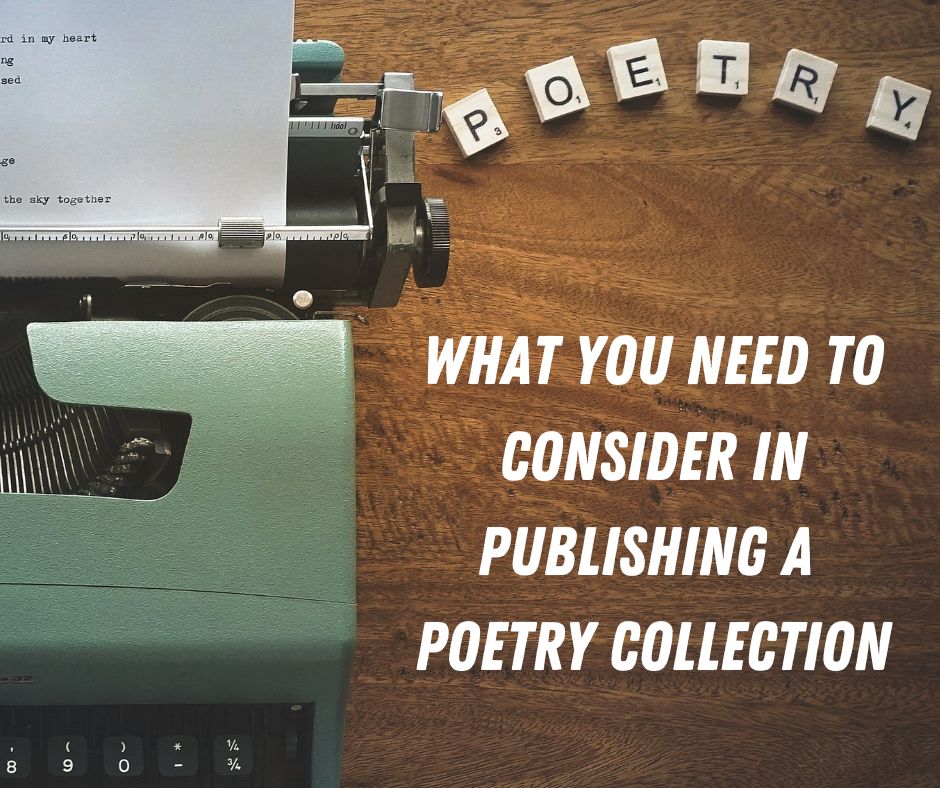Introduction
Publishing a poetry collection can be an exciting and rewarding process. It’s also the first time many writers have tried their hand at self-publishing, so there are many decisions to make along the way. When you’re ready to start writing your own book, follow these tips:
Choose your best work.
- Choose your best work.
- Choose poems that have been published before and will get you the most exposure.
- Choose poems that haven’t been published before, but feel like they should be a part of this collection, even if it’s just to add new material to the mix.
What is at the heart of your poems?
As you consider publishing a poetry collection, it’s important to ask yourself what is at the heart of your poems. What is their theme? What is their central idea or message? How can you convey this in a way that will resonate with readers?
It may be helpful to think of your collection as having multiple poems within it—each one focusing on some aspect or dimension of life. There can be many sub-themes, but they should all work together toward creating an overall impression about something larger than themselves.
for example, if one poem explores grief and loss while another explores relationships between people; or if one poem focuses on beauty in nature while another speaks about love through metaphor.
Edit for perfection.
Editing for perfection is a necessary step in publishing a poetry collection. It’s important to edit for clarity and flow, but also rhythm, emotion and meaning.
Clarity
You want your poems to be easy to follow by the reader. If there are any unclear parts of the poem that could use some explanation or clarification , then these should be removed from the document before you submit it for publication.
Flow
When writing poetry, there will always be some repetition in certain lines or stanzas because it helps keep things moving forward smoothly from one stanza/line to another; however too much repetition can become boring after awhile so try keeping track of how many times each line appears per page so we can make sure there aren’t too many instances where two lines are saying basically the same thing but only slightly different ways .
Rhythm
Your goal here isn’t necessarily perfect rhyme throughout every single line but rather having something original enough so readers don’t get bored yet still feel comfortable enough while reading through them because they’re familiar yet still new at heart.
Get professional feedback.
There are a few ways you can get feedback on your poetry book. You could ask for it from family or friends, but that’s often not the best option in terms of getting honest feedback. You might also ask your friends and loved ones, but this can lead to complaints if they don’t like what they read..
The best way to find professional opinion on your work is by hiring someone who knows about poetry and has published a collection before—and hopefully doesn’t mind giving some constructive criticism.
Have a realistic and achievable publishing plan.
When you’re ready to publish your poetry collection, it’s important to first consider the realities of the situation.
- What are your options?
- What is possible?
- How much money can you afford to spend on each option?
Traditional publishers
These are the big-name houses like HarperCollins and Simon & Schuster that have been around since the early twentieth century and continue today as some of the most renowned publishers in literary history. They offer a wide range of services including editing and distribution through their own bookstores (or online) as well as creating promotional campaigns at events across America or abroad.
Small presses
These are smaller organizations that specialize in publishing books by new writers who don’t have an established reputation but hope to still gain exposure through their efforts—often even getting past editors before going through traditional channels. Some small presses also do author readings/signings at local venues; others will print copies directly onto paper stock so they can be handed out at events as well
Expect the unexpected!
The unexpected can be a great opportunity or bad, depending on how you interpret it.
If you’re writing poetry because of your love for the form, then it’s probably not going to change anything in your life. If you’re writing poetry because everyone else is doing it and they want to be published as well, then this might make sense. But if there’s no particular reason that prompted this collection apart from pure whimsy, then expect the unexpected!
There is more to publishing a collection than just writing and editing the poems.
There is more to publishing a collection than just writing and editing the poems. You need to know your audience, how to market your book and what kind of book you want to publish. The following tips will help guide you through these steps:
Know Your Audience
- Who are they?
- How old are they?
- Where do they live?
- What do they like reading?
- How much time have they spent reading poetry recently?
Market Your Book Correctly
You can’t just publish anything—you need to get it into the right hands with a good sales copy that offers potential readers exactly what they’re looking for. Make sure everyone knows about it by contacting literary journals/reviewers who might appreciate its unique content as well as bloggers whose audiences share similar interests with yours .
Conclusion
Publishing a poetry collection is not an easy task, but it’s worth the effort if you want your work to reach its fullest potential. By following these tips and planning ahead, you can make sure that your book comes out exactly as you intended—and that you have taken care of all the details along the way.


